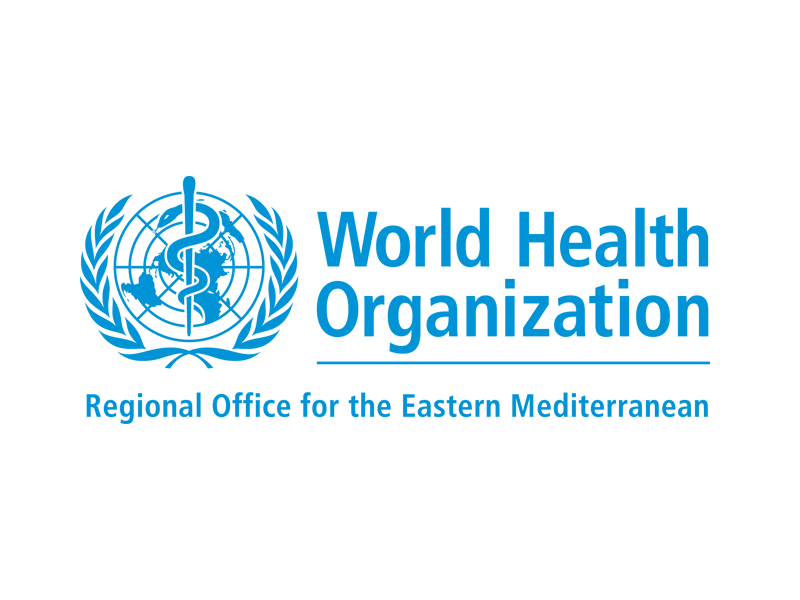The World Health Organization’s Eastern Mediterranean Regional Office (WHO EMRO) has released the latest issue of the Eastern Mediterranean Health Journal (EMHJ), volume 30, issue 12. While the announcement itself is brief, the implications of the research contained within this edition are far-reaching for public health across the region.
The EMHJ serves as a crucial platform for disseminating cutting-edge research, policy analysis, and best practices related to healthcare challenges specific to the Eastern Mediterranean region. This area faces a unique confluence of factors, from ongoing conflicts and humanitarian crises to the increasing burden of non-communicable diseases and the ever-present threat of infectious disease outbreaks.
The journal’s impact is felt by researchers, policymakers, and healthcare professionals alike, providing them with the evidence-based information needed to address pressing health issues. But what exactly does this new issue contain?
While a detailed breakdown of each article is not immediately available, past issues have tackled subjects ranging from advancements in treating childhood cancers to the impact of climate change on vector-borne diseases. Community health initiatives and innovative approaches to healthcare delivery in resource-constrained settings are also frequent topics. The journal provides an avenue to explore the effectivness of interventions.
The release has sparked some discussion online, with users on X.com questioning the accessibility of the research to those on the front lines of healthcare. One user, @MedStudentAli, posted: “Great that the research is published, but is it reaching the doctors and nurses who need it most? We need summaries in local languages and practical guidelines for implementation.” This sentiment highlights a crucial aspect of knowledge dissemination , it is not enough to simply publish research; it must be actively translated and adapted for practical application.
“It raised more questions than answers,” said Fatima Khalil, a public health worker based in Beirut, when asked about the announcement. She explained that while she welcomes the publication of new research, the real challenge lies in securing funding and political will to implement evidence-based interventions on the ground.
Current Progress in public health within the Eastern Mediterranean region shows promise. Several countries have made significant strides in reducing child mortality rates and improving access to essential medicines. Initiatives focused on strengthening primary healthcare systems and promoting health education are also yielding positive results. However, this progress is uneven and faces significant challenges.
Here are some of the region’s ongoing issues:
- Conflict and displacement continue to disrupt healthcare services and create significant humanitarian crises.
- Climate change is exacerbating existing health vulnerabilities, leading to increased rates of heatstroke, waterborne diseases, and respiratory illnesses.
- The rise of non-communicable diseases, such as diabetes and heart disease, poses a growing threat to public health, straining already limited resources.
Remaining Hurdles are considerable. Funding shortages, political instability, and a lack of trained healthcare professionals are just some of the obstacles that need to be addressed. Moreover, systemic corruption and weak governance can undermine even the best-intentioned public health initiatives. One concerning observation is the slow implementation of strategies. There needs to be more effective collaboration. It is an ungoing struggle.
Moving Forward, a multi-faceted approach is needed to address these challenges. This includes increased investment in healthcare infrastructure, strengthening public health surveillance systems, and promoting inter-sectoral collaboration. Crucially, empowering local communities and engaging them in the design and implementation of health programs is essential for ensuring sustainability and achieving lasting impact. Some are optimistic while others are more pessimistic about the overall outcome.
The EMHJ continues to be a vital source for evidence based findings. It’s a crucial tool in navigating the complex health landscape of the Eastern Mediterranean region. While challenges remain, a commitment to innovation, collaboration, and community engagement offers hope for a healthier future.



